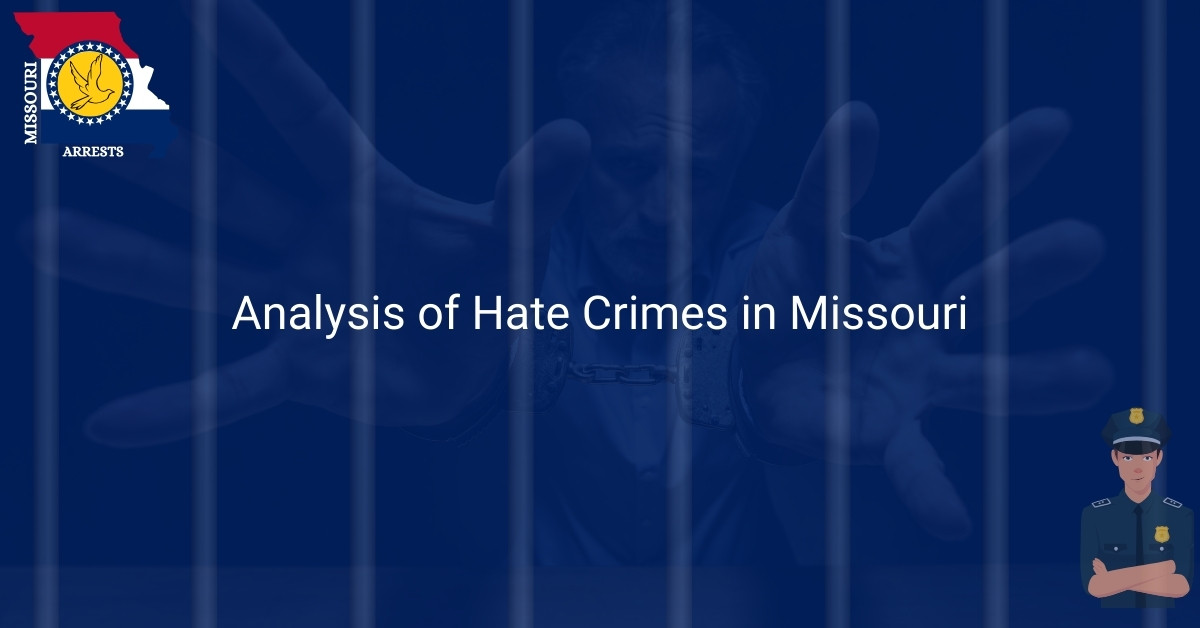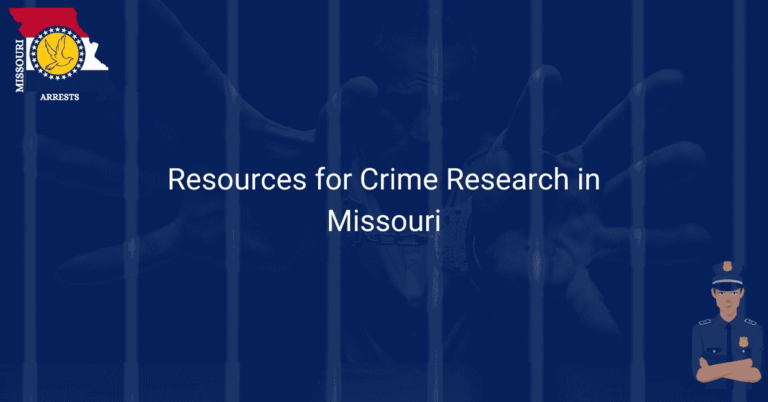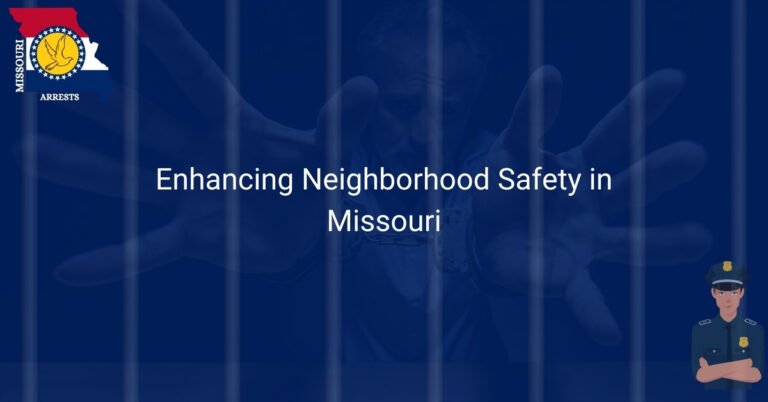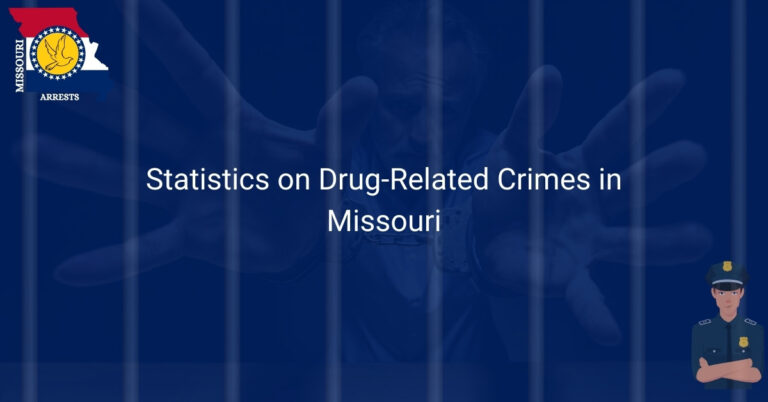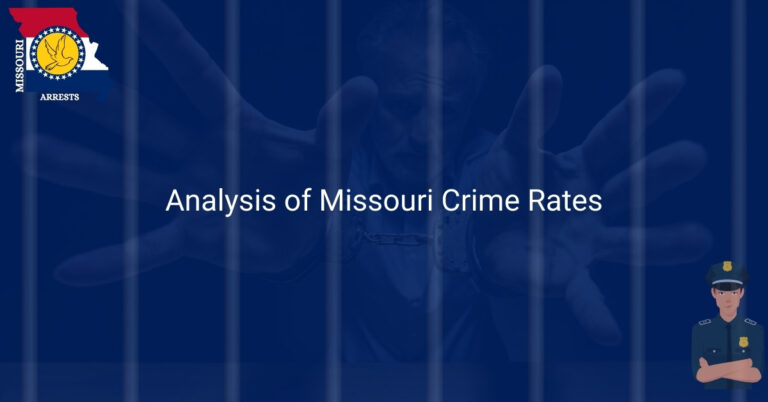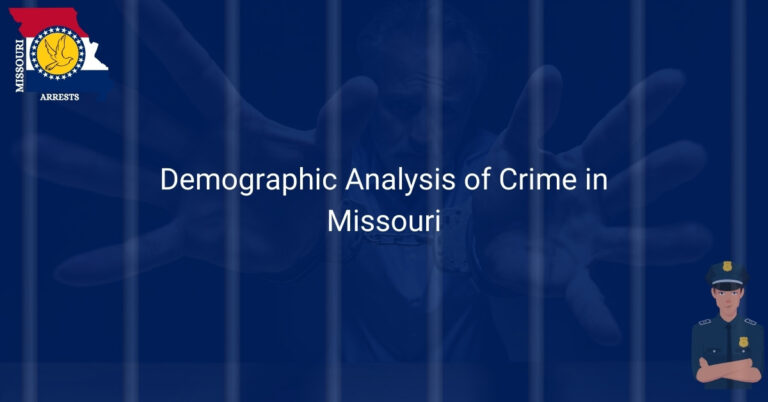Analysis of Hate Crimes in Missouri
Analysis of Hate Crimes in Missouri reveals a troubling trend of discrimination and violence based on prejudice. The state has seen a rise in reported incidents targeting individuals of different races, religions, and sexual orientations. Understanding the root causes and impact of these hate crimes is crucial in addressing and preventing such acts of intolerance in our communities.
Examining the data on hate crimes in Missouri provides valuable insights into the marginalized groups most affected and the areas with the highest reported incidents. By shining a light on these troubling statistics, we can work towards creating a more inclusive and safe environment for all residents of the state. It is imperative to address the underlying issues that fuel hate and promote unity and acceptance among all citizens.
Root Causes of Hate Crimes in Missouri
Hate crimes in Missouri stem from a variety of root causes, including prejudice, discrimination, and intolerance towards marginalized groups. These crimes are often fueled by deep-seated biases and misconceptions that lead to acts of violence and discrimination.
Impact of Hate Crimes on Marginalized Groups
Hate crimes have a devastating impact on marginalized communities in Missouri, causing fear, trauma, and a sense of vulnerability. Members of these groups often experience heightened levels of anxiety and distrust, leading to a breakdown in community cohesion and social integration.
Areas in Missouri with Highest Reported Incidents
Statistics show that certain areas in Missouri have higher reported incidents of hate crimes compared to others. Analyzing these trends can help identify factors contributing to the prevalence of such crimes and inform targeted interventions to address them.
Creating a More Inclusive Environment in Missouri
Efforts to create a more inclusive environment in Missouri involve promoting diversity, equity, and inclusion initiatives. By fostering a culture of acceptance and understanding, communities can work towards reducing the occurrence of hate crimes and fostering a sense of belonging for all individuals.
Addressing Underlying Issues that Fuel Hate
Addressing the underlying issues that fuel hate crimes in Missouri requires a multi-faceted approach. This involves challenging stereotypes, promoting empathy, and advocating for policies that protect the rights and dignity of all individuals, regardless of their background.
Promoting Unity and Acceptance in Communities
Promoting unity and acceptance in communities is essential in combating hate crimes in Missouri. By fostering dialogue, promoting tolerance, and celebrating diversity, communities can work together to create a more harmonious and inclusive environment for all residents.
Insights from Data on Hate Crimes in Missouri
Analyzing data on hate crimes in Missouri provides valuable insights into the prevalence, trends, and patterns of these crimes. By understanding the data, policymakers, law enforcement agencies, and community organizations can develop targeted strategies to prevent and address hate crimes effectively.
Working Towards a Safer State for All
Ultimately, working towards a safer state for all individuals in Missouri requires a collective effort to combat hate crimes and promote social cohesion. By addressing the root causes of hate, fostering inclusivity, and promoting unity, communities can create a safer and more welcoming environment for everyone.
Frequently Asked Questions
Our Frequently Asked Questions section aims to provide you with detailed information about our products and services.
What is the analysis of hate crimes in Missouri?
Hate crimes in Missouri are crimes motivated by prejudice against a particular group, such as race, religion, or sexual orientation. These crimes are tracked and analyzed to understand trends, patterns, and potential solutions to address and prevent such incidents.
How are hate crimes defined in Missouri?
In Missouri, hate crimes are defined as criminal offenses committed against individuals or property that are motivated by bias or prejudice based on factors such as race, religion, or sexual orientation. These crimes are distinct from other criminal acts due to their discriminatory intent.
What are the common targets of hate crimes in Missouri?
Common targets of hate crimes in Missouri include individuals from marginalized communities, such as people of color, religious minorities, LGBTQ+ individuals, and immigrants. These groups often face discrimination and violence due to their perceived differences.
How are hate crimes reported and investigated in Missouri?
Hate crimes in Missouri can be reported to local law enforcement agencies, who are responsible for investigating these incidents. Special units or task forces may be designated to handle hate crime cases, working closely with affected communities and advocacy groups.
What are the legal implications of committing a hate crime in Missouri?
In Missouri, committing a hate crime can result in enhanced penalties, including longer prison sentences and higher fines. Perpetrators may face charges for both the underlying criminal offense and the hate crime motivation, leading to more severe consequences.
How can individuals and communities address and prevent hate crimes in Missouri?
To address and prevent hate crimes in Missouri, individuals and communities can promote education, awareness, and tolerance. Building strong relationships across diverse groups, reporting incidents promptly, and advocating for inclusive policies are crucial steps in combating hate and fostering unity.

